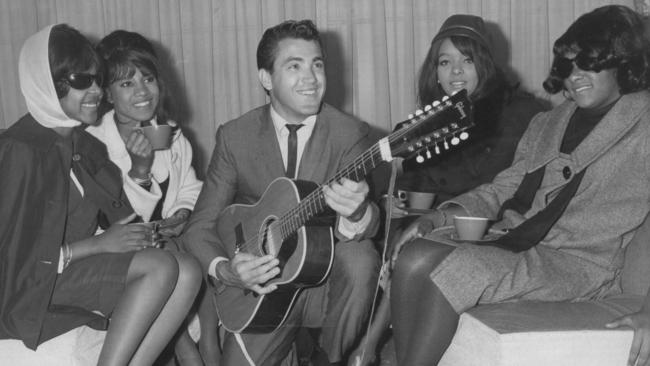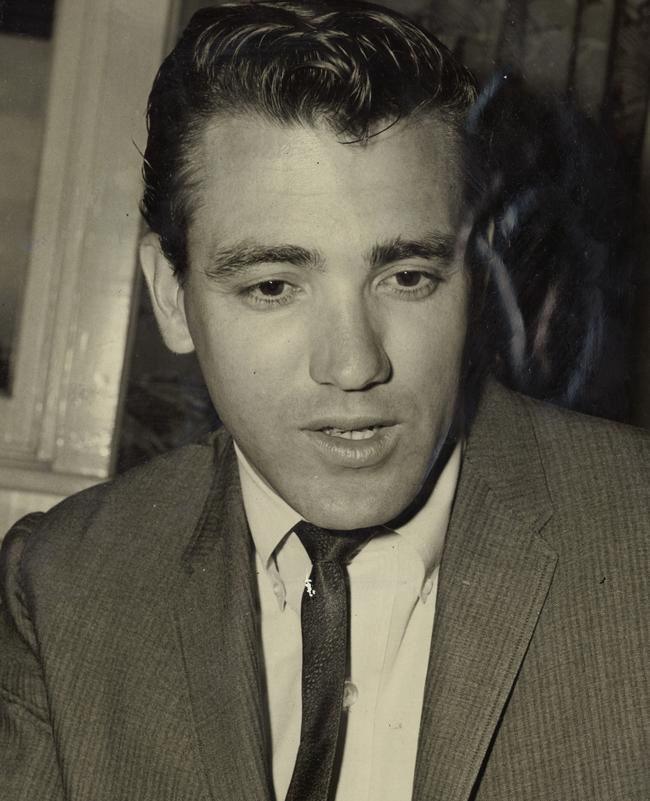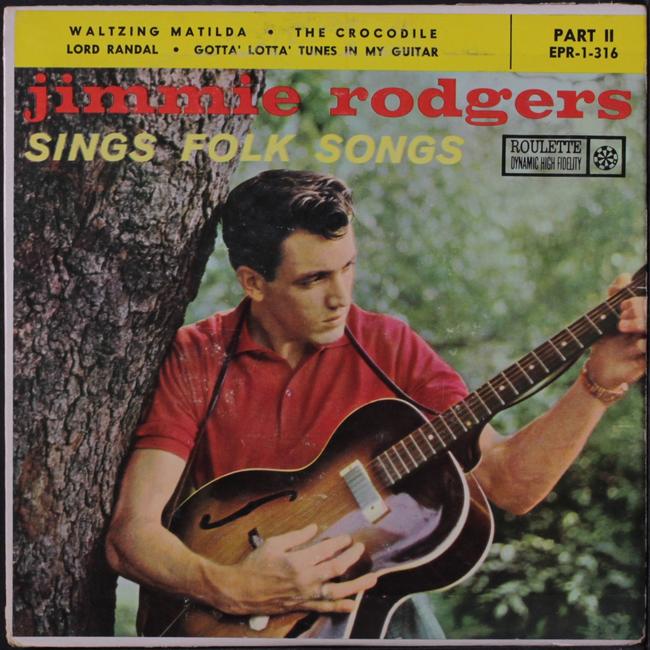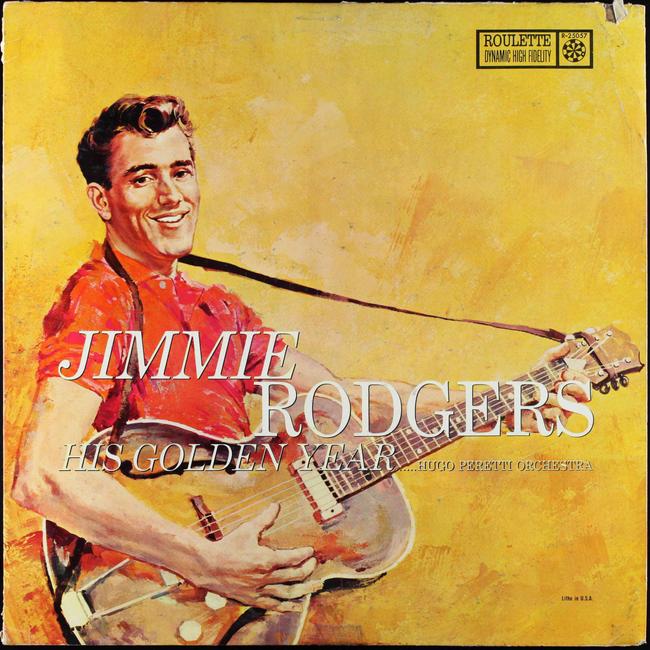Mysterious police beating waylaid glittering career of US pop star Jimmie Rodgers
In 1967 pop star Jimmie Rodgers was found badly injured on a Los Angeles roadside, what happened remains a mystery

Today in History
Don't miss out on the headlines from Today in History. Followed categories will be added to My News.
POP singer Jimmie Rodgers, best known for his 1957 number one hit Honeycomb, had just left a Christmas party and was making his way home along the Los Angeles freeway. He took a turn-off near his home when he noticed someone in a car behind him flashing their lights. Rodgers pulled over to the side of the road.
A man approached the car, so Jimmie rolled down his window thinking it was his conductor Eddie Samuels who had left the party at the same time. All Rodgers remembers after that moment was being hit on the head and arm by something hard and heavy before he blacked out.
The incident, which happened 50 years ago today, remains something of a mystery. But it left the pop star with a broken arm, fractured skull and a long journey back to health, waylaying what had once been a glittering career.
He was born James Frederick Rodgers on September 18, 1933, in Camas, Washington, in the US. His parents were process workers at a paper mill who took Rodgers to church on Sundays where he sang in the church choir. He also sang in the school choir at Camas High School from which he graduated in 1951, majoring in music. His mother, who used to play piano for silent films, had taught him piano and guitar.

To put himself through college, he got a job at the same mill where his parents worked. But he dropped out after a year of studying engineering to join the air force. He served in Korea during the war, providing support for the front lines and, at night, in the barracks he would regale his comrades with a tune or two. Later, while still in the air force, he joined a band called The Melodies.
After two years in Korea, he was posted to Stewart Air Force Base in Smyrna, Tennessee, which allowed him to perform in the clubs around Nashville at night. After his release from the army he got work in a paper mill but continued to play at different venues.
One of those was Club Unique where the club owner, a woman named Bobbi Green, introduced him to the song Honeycomb, which he added to his repertoire and it became a club favourite.
He also collected folk songs that he performed in his upbeat style with his smoky voice. In 1956 he won a radio talent contest on the Arthur Godfrey show, which gave him a chance to cut a single. But his big break came when, one night in 1957 while performing in a club, singer Chuck Miller saw his act and set up an audition for Rodgers with Roulette Records (an affiliate of the label that Miller was signed to).
At the audition Rodgers played Honeycomb. They signed him then and there, quickly getting him in for a recording session. In four weeks his song was at the top of the charts. He followed that with folk song Kisses Sweeter Than Wine, a top 10 hit, and a string of others including a version of Waltzing Matilda on the soundtrack of the 1959 film On The Beach (which coincided with his 1959 tour of Australia, the first of several tours here). Between 1957 and 1960 he had 12 top 40 singles and multiple gold records.


He also made appearances on TV and in film, but in the early ’60s the hits dried up. A number five in 1962 in England, with English Country Garden, was his last until It’s Over brought him back to the top 40 in 1966.
Things were starting to move again in 1967, with another single Child Of Clay, when on December 1, 1967 he was stopped by a police car. He was later found unconscious by his conductor who had gone looking for him.
It was assumed at first that it was a random assault, but Michael Duffy, an LAPD officer who had been off-duty at the time, came forward saying he knew what happened. He claimed he saw Rodgers’ car being driven erratically so he pulled him over and asked him to get out of the car. Duffy claimed Rodgers had fallen over, fractured his skull and broken his arm. He said he called for backup and they put Rodgers back in his car and left him.
At the very least the officers were negligent for leaving a seriously injured man, but at the worst they were lying about beating up an innocent man. Whatever happened, Rodgers, who couldn’t walk or talk, underwent brain surgery and spent a year recovering.
An appearance on The Joey Bishop Show on TV in 1969 announced his comeback, but he was still involved in court cases against the LAPD. In 1973 the LAPD settled out of court.
Although he returned to recording and performing, as a result of the accident he suffered periodic loss of his voice. He later retired from touring but continues to write music and performs the occasional concert.
Originally published as Mysterious police beating waylaid glittering career of US pop star Jimmie Rodgers



